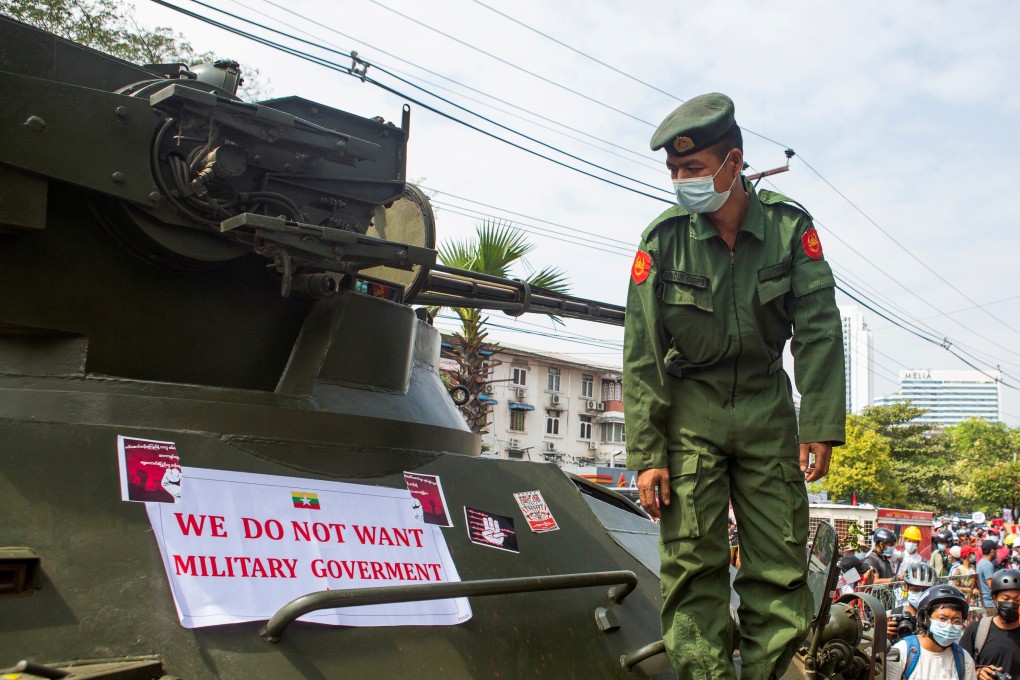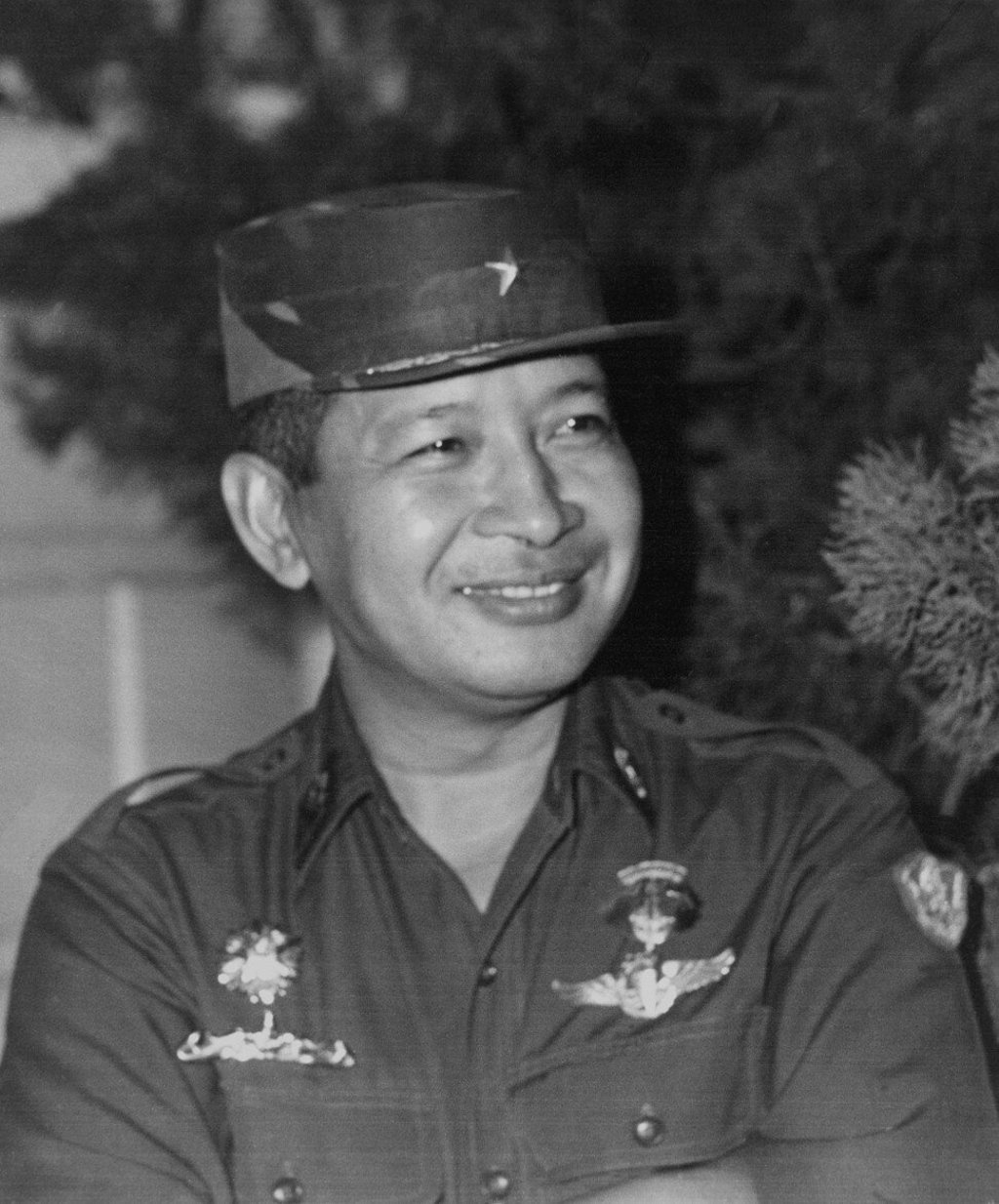Advertisement
Reformist military men helped Indonesia’s democracy. Why not in Myanmar?
- Indonesia’s former foreign minister Marty Natalegawa says when transitions to democracy fail, it is because militaries have failed to reform
- Indonesia’s TNI military gave up a role in politics and never tried to get it back. Tatmadaw should take note: TNI is Indonesia’s most trusted institution
Reading Time:6 minutes
Why you can trust SCMP
2

When a survey of 1,200 people by Indonesian pollster Indikator Politik this month showed that Indonesia’s military, known by the acronym TNI, was the most trusted institution in Southeast Asia’s largest economy – even relegating President Joko Widodo to second place – military observers had a ready answer for why this was so.
One reason cited by retired three-star general Agus Widjojo – who during his 33-year career was known as a proponent of reforms to get the military out of politics – was that the TNI never had any “precedents of coup d’etat throughout the history of the armed forces, no matter how difficult the situation was”.
And indeed, the beginnings of Indonesia’s democratic transition, known as Reformasi, after former dictator Suharto’s resignation in 1998, were fraught with turmoil. Suharto, an army general who took power in the late 1960s, was toppled by mass protests, widespread civil strife and the crippling Asian Financial Crisis which left millions out of work. The subsequent years were marked by sectarian violence and a rise in separatist insurgencies across the multicultural country made up of more than 17,000 islands.
Advertisement

Zachary Abuza, professor of Southeast Asia Studies at the National War College in the United States, highlighted how then-Armed Forces chief and Defence Minister General Wiranto, whom Indonesians saw as the country’s most powerful man, could have easily staged a coup amid the violence and chaos of 1998 and 1999.
Advertisement
But he never did so.
“General Wiranto and the TNI … chose not to, and backed the establishment of a more open civilian government, and then democratic elections in 1999,” said Abuza.
Advertisement
Select Voice
Select Speed
1.00x